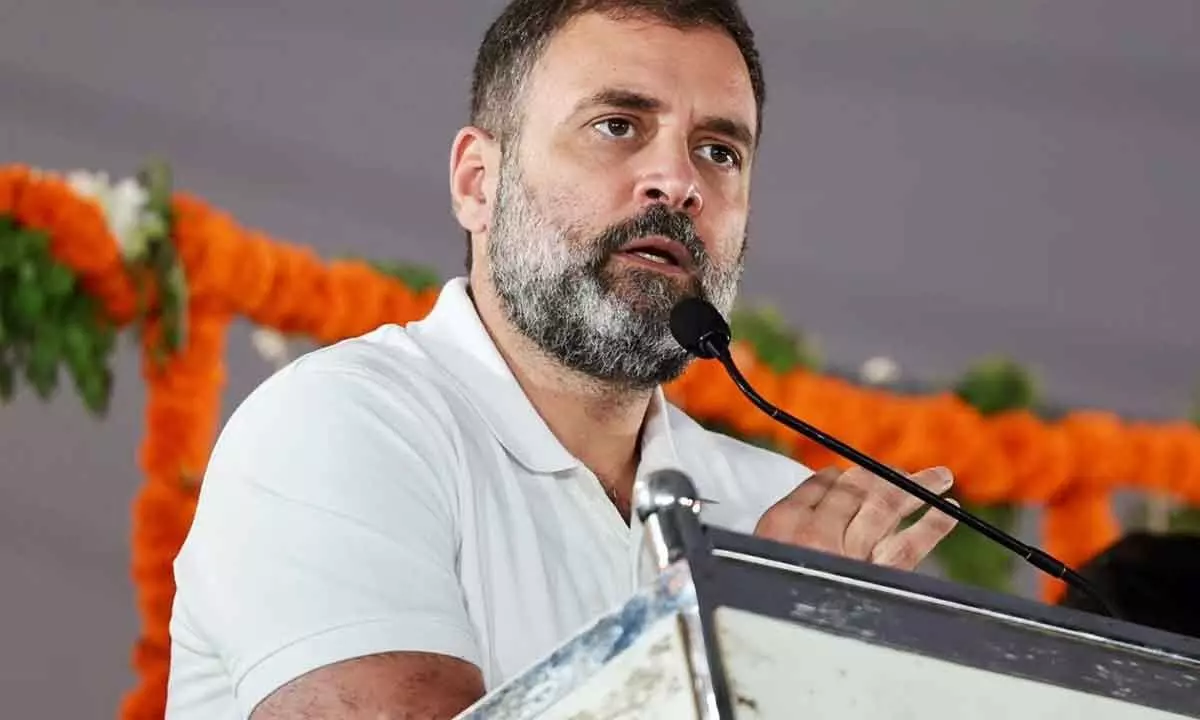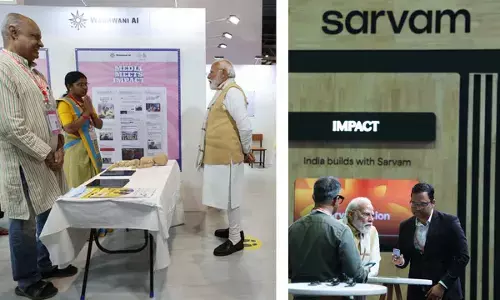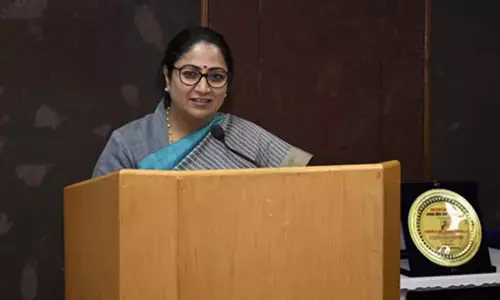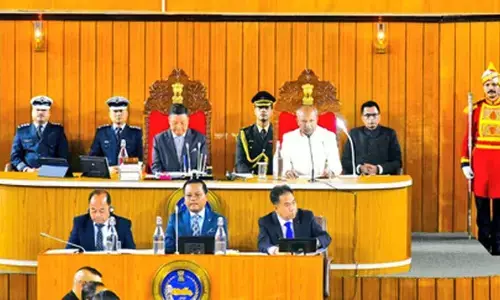Pay heed to what Rahul flags abroad

How to assess any nation’s independence from within? Can we say we are all free citizens in an independent India? What should be the parameters to judge freedom and liberty in any country
How to assess any nation’s independence from within? Can we say we are all free citizens in an independent India? What should be the parameters to judge freedom and liberty in any country? Justice B V Nagarathna of the Supreme Court, in her speech as the chief guest at the launch of a book ‘Constitutional Ideals: Development and realisation through Court-led Justice’ by think-tank and legal research organisation, Daksh, the other day stated that, “A nation can only be as independent as its institutions like the judiciary, a central bank, the election commission, public service commissions etc.” These institutions which strengthen our democracy at various levels and provide equal opportunities to all must not be subject to any external influences. Only under such circumstances there is a scope for functional autonomy.
It is not for nothing that the ruling party faces criticism in this regard. Rahul Gandhi may be juvenile in attacking India abroad during his trips with reference to all these issues. Talking ill about India outside the country or carrying one’s political baggage abroad for petty politics is certainly wrong. Rahul should be advised against it but he is not amenable to reason. However, the subject matter of his criticism is not wrong. Whatever he is speaking must be spoken by all and questioned by every section of the society - internally in India if not externally. He does so to draw the attention of several anti-BJP and anti-Modi groups, including the world media, to the ‘political situation’ in India.
Several countries inimically disposed towards India due to various reasons including its majority religion, lap up whatever he says to attack the Modi government. But it is the government that gives scope for such insinuations. All the institutions mentioned above had been established to perform the challenging task of maintaining a judicious balance between conflicting interests and overhauling the governance system by enforcing accountability. Institutional independence has an inverse relationship with external influences over the authorities. The lesser the influence, the higher will be the scope for functional autonomy, according to Nagarathna.
Influence of external forces including the government on such institutions has always been there. Only the degree of interference varied. Particularly when the Opposition was weak, the ruling parties always tried to usurp more powers. Today a general perception is that any criticism of the government would attract the ‘ire of the agencies’. The reference here is not to the political party leaders who are booked by the CBI or ED or raided by the IT etc. Financial irregularities gave a room for political witch-hunting in their case usually. In fact, they escape the attention of the government if they are from friendly parties. The reference is more to the students, media personnel, civil rights activists, trade unionists and even writers and artists who find their liberties curbed. The alacrity at which these are picked up is stupendous. Our Election Commission may be relatively free, but our democracy is not exactly robust. Our parliamentary proceedings don’t show the required vibrancy but sound more like a litany of complaints and wrong doings. The public sphere including social media is parochial and casteist. Strong Opposition is absent. All these are a result of institutional failures due to interference.











